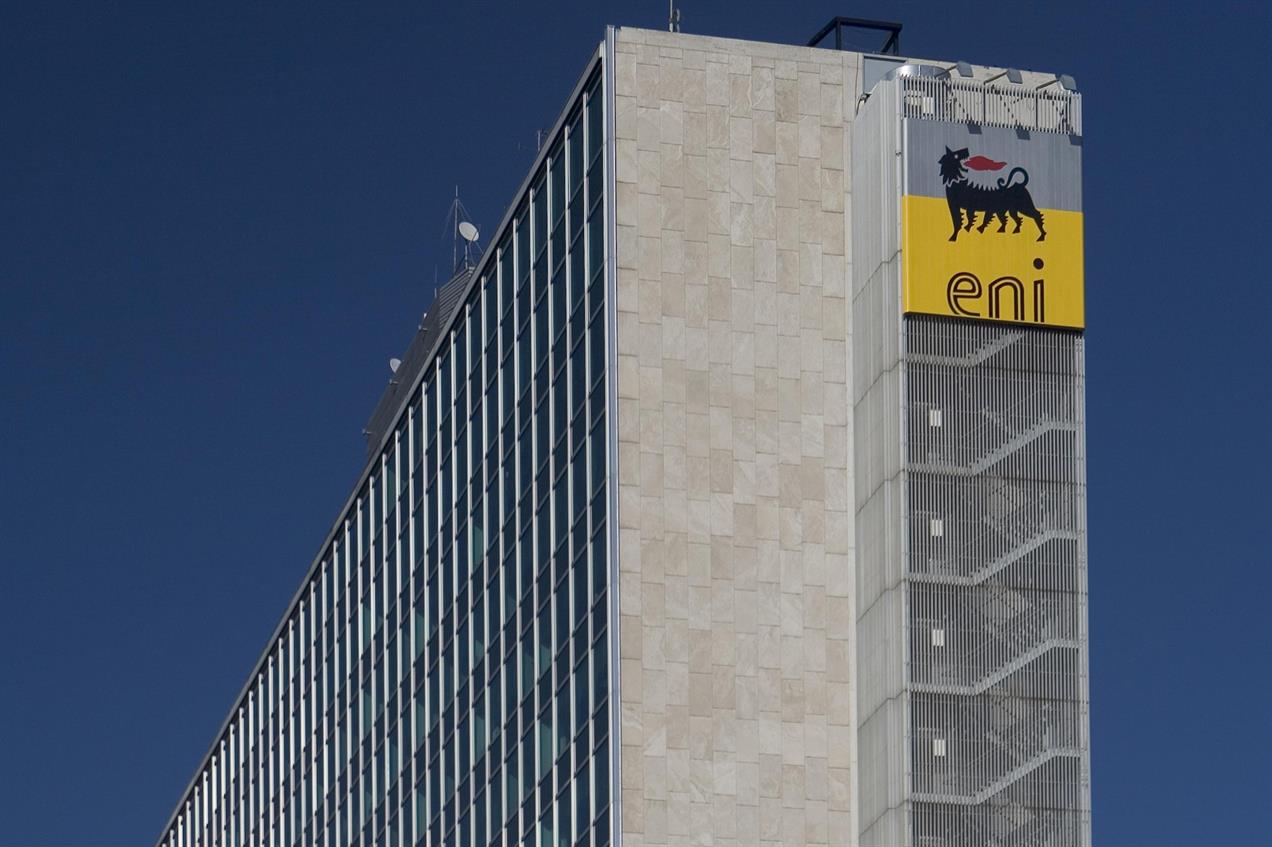The move could pave the way for Eni's entrance into offshore wind. It also fits with an objective of boosting its renewable energy capacity as part of its decarbonisation strategy.
Eni is targeting 1.6GW of wind, solar and storage capacity by 2022 and up to 5GW by 2025, with €1.4 billion earmarked for renewables investments in the 2019-2022 period.
Mainstream CEO Andy Kinsella said the partnership would combine his company's track record in offshore wind with Eni's experience in offshore energy — namely oil and gas extraction — and its commitment to decarbonise.
The Ireland-based firm had developed the 450MW Neart Na Gaoithe offshore wind project off Scotland before it was sold to French energy giant EDF in July 2018, and had helped develop much of the Hornsea zone, which was leased in the third round.
Mainstream is also developing offshore projects in Vietnam, on top of its onshore activities in Africa and Southeast Asia and South America.
On 19 September, the UK will open in October, offering areas capable of supporting 7GW of offshore wind before 2030.
Partnerships have formed a key part of Eni's renewable strategy.
Just yesterday (24 September), Eni and GE — which inked a similar partnership with Mainstream in 2016 — were awarded a 48MW wind project in an online reverse auction for wind projects in Kazakhstan's northern zone.
The project is the extension of the 48MW Badamsha site currently being constructed by the two companies and was Eni's first large-scale investment in wind energy.
Eni also has 10MW of operational solar PV capacity in Algeria and is constructing a further 58.7MW of solar plants in Tunisia, Pakistan and Australia.

.png)


.png)










